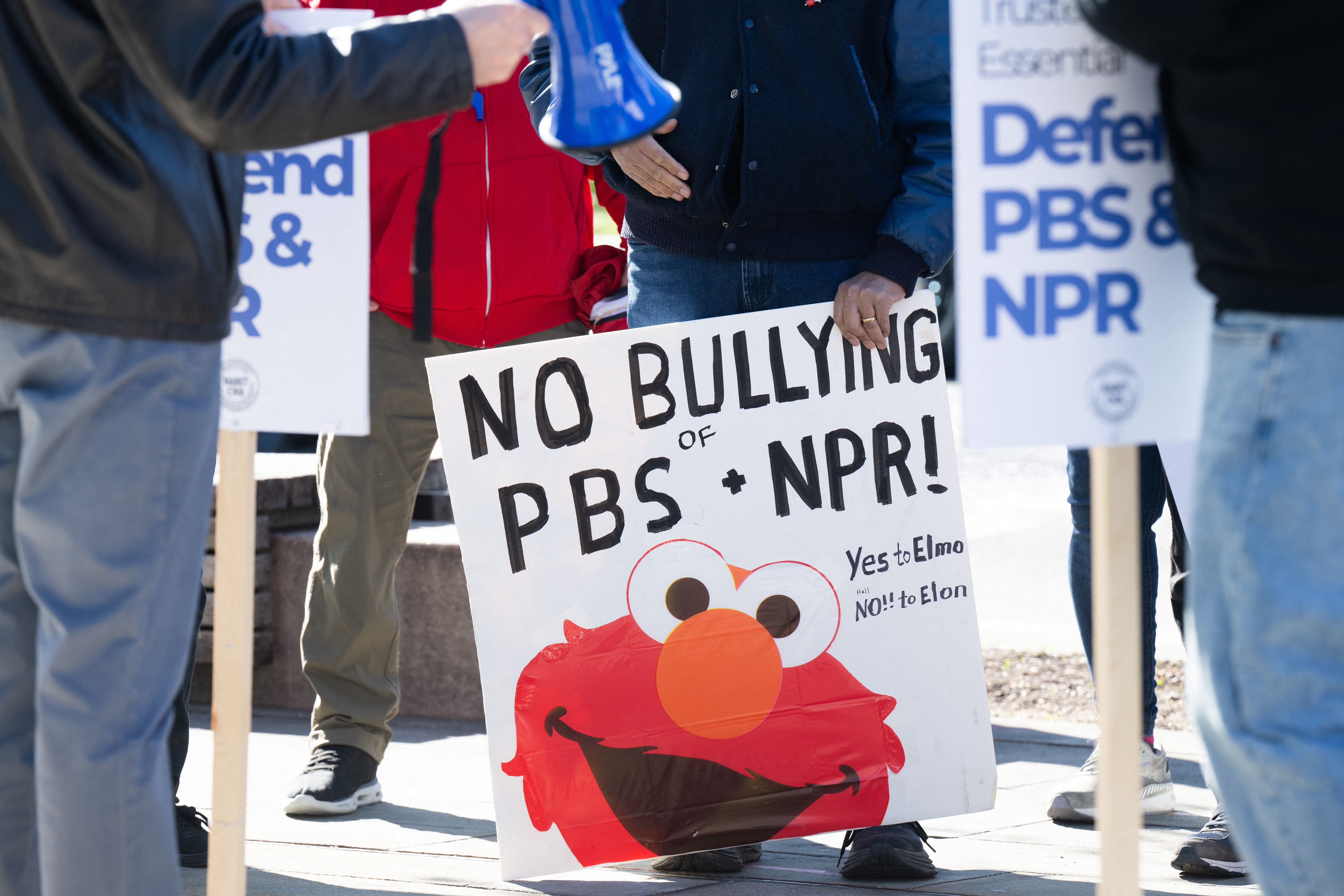
2521. Trump asks Congress to wipe out funding for public broadcasting
A request is made to Congress to eliminate federal funding for public broadcasting and reduce foreign aid.
your daily dose of economic commentary

A request is made to Congress to eliminate federal funding for public broadcasting and reduce foreign aid.
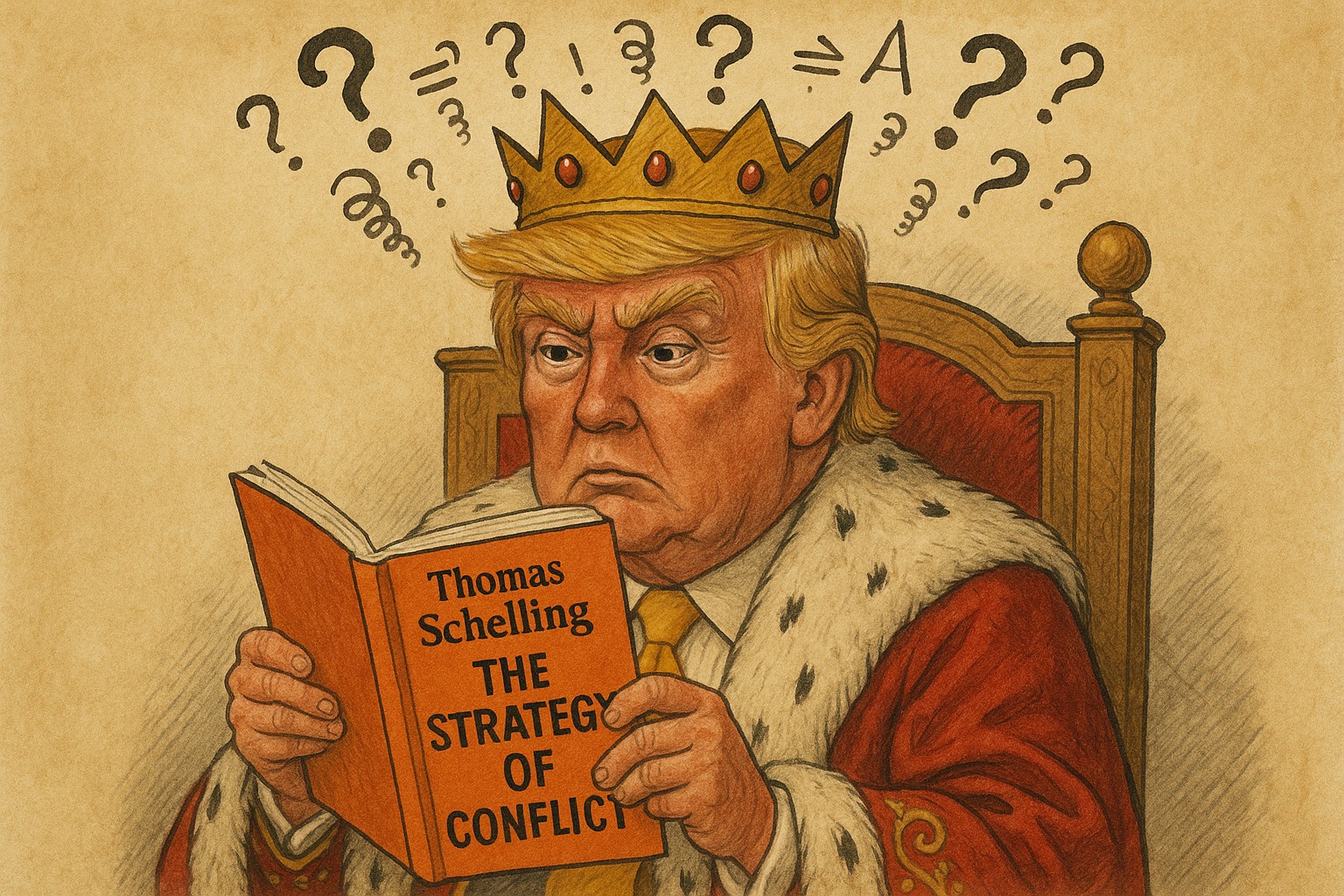
Pierre Lemieux analyzes Trump's negotiation strategy using game theory, particularly the Chicken game, to discuss the dynamics of trade negotiations and threats.

The post highlights various stories related to economic principles, including student loans, housing market trends, tariffs, and their implications on consumer behavior and education.

The discussion centers on the balance between discretion and rules in decision-making, emphasizing the importance of context and predictability in governance and economic policy.

Alina Selyukh discusses how Dollar General is benefiting from increased consumer spending as shoppers opt for cheaper alternatives.
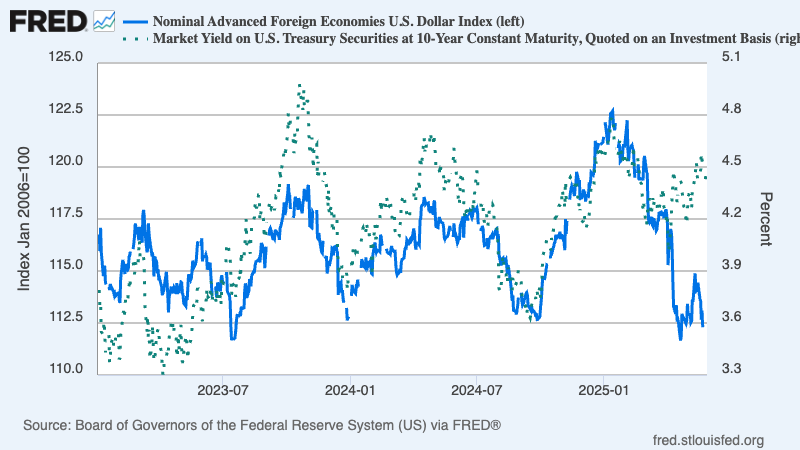
Paul Krugman discusses the declining confidence in the U.S. economy and political decision-making under Trump, questioning the nation's seriousness in honoring its debts.

Job openings rose to 7.4 million in April, with little change in hires and separations, indicating a stable labor market despite year-over-year declines in quits and openings.

Noah Smith discusses the implications of technological advancements in warfare, comparing historical military strategies to modern drone capabilities that could challenge American military dominance.

Greg Rosalsky discusses the potential of reshoring manufacturing to address economic disparities between superstar cities and the heartland.

Camila Domonoske discusses how the GOP's tax bill could impact electric vehicle tax credits and subsequently influence automaker investments and EV sales.

Sally Herships discusses the complexities of estate planning and inheritance, highlighting the challenges in ensuring wealth is passed down as intended.

An argument that markets operate independently of political agendas and cannot be manipulated to achieve desired outcomes, emphasizing the laws of economics over political influence.
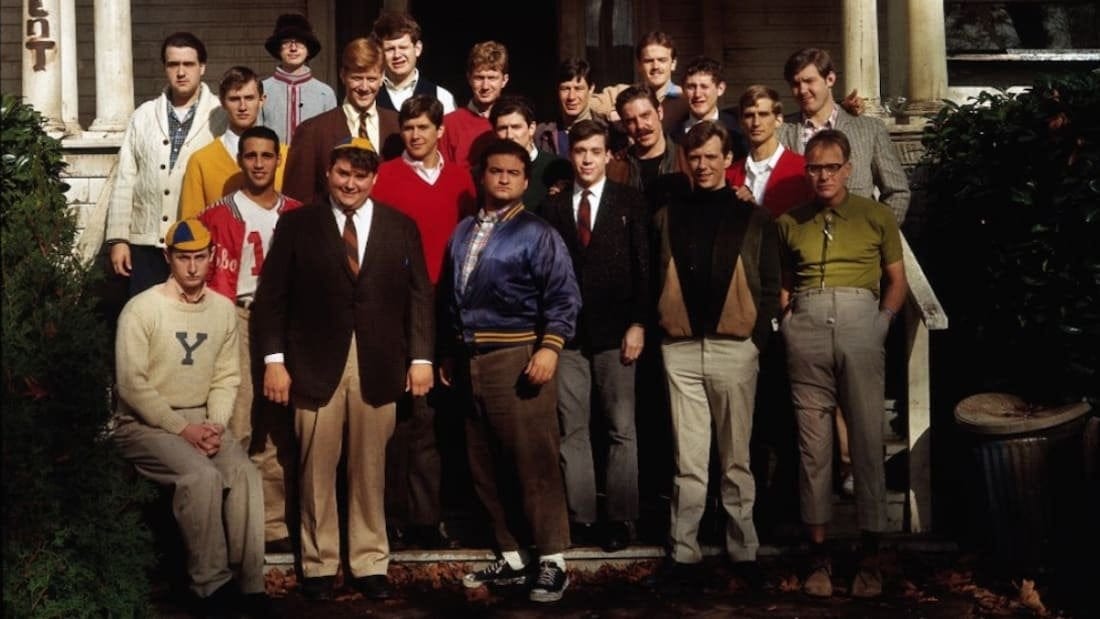
Nate Silver discusses the disconnect between young men and the Democratic Party, attributing it to perceptions of elitism and a preference for risk-taking associated with the Republican Party.

Home price growth is slowing, with inventory levels increasing and annual growth rates declining, indicating a cooling real estate market.
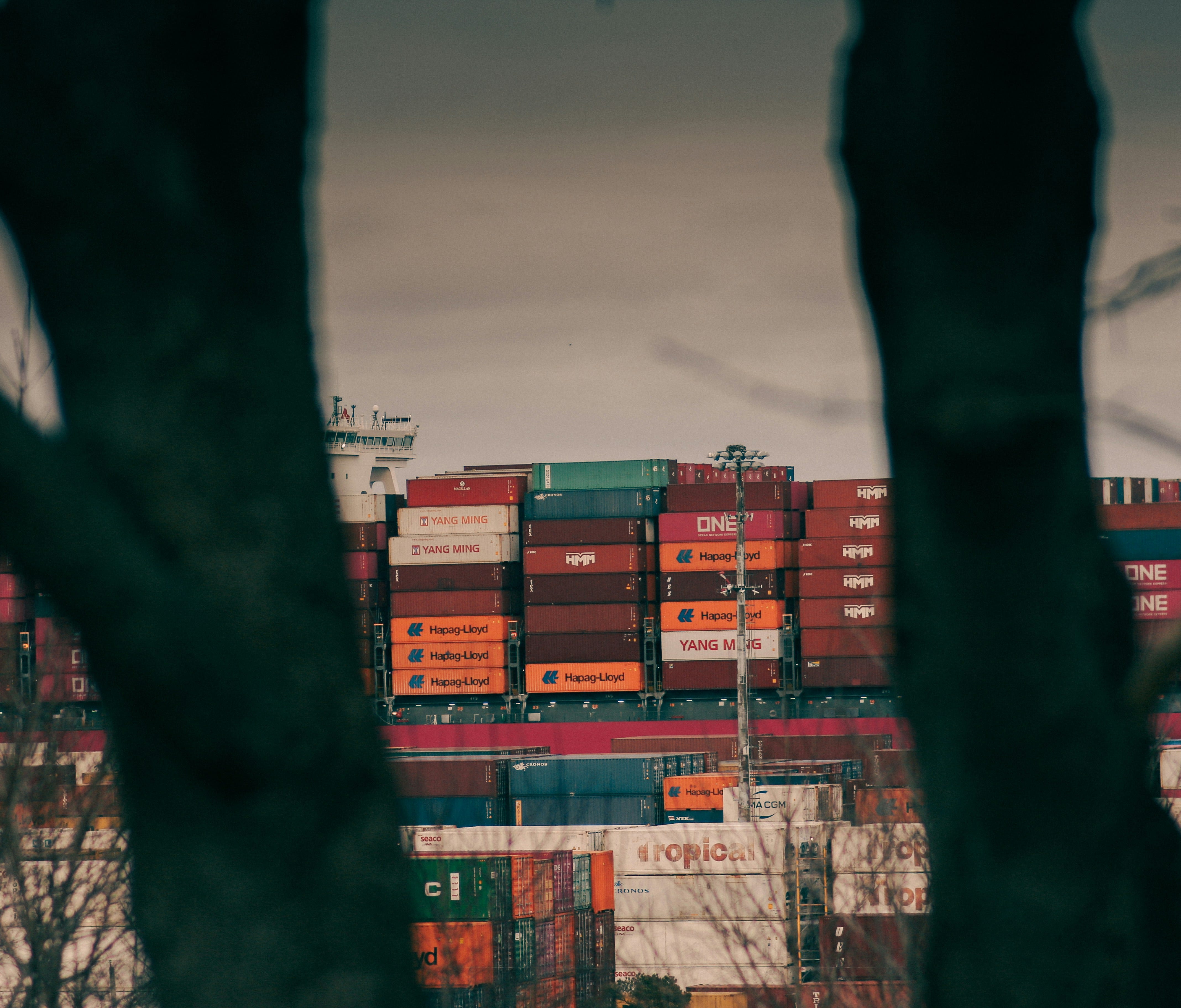
An argument that tariffs generate record revenue but lead to reduced imports and increased costs for consumers and businesses, highlighting opportunity costs and economic inefficiencies.

Paul Krugman discusses the misconceptions about New York City, contrasting its quality of life and safety with Florida's policies and living conditions.

Bill McBride discusses a decrease in construction spending in April 2025, highlighting trends in private and public construction investments.
Bill McBride discusses the decline of the ISM manufacturing index in May, indicating ongoing contraction in the manufacturing sector and its implications for the economy.

Active single-family housing inventory has increased significantly both week-over-week and year-over-year, indicating a larger-than-normal pickup in inventory for 2025.

The post critiques misinterpretations of the book "Abundance," highlighting its progressive themes and the growing political support for its ideas among Democratic leaders.